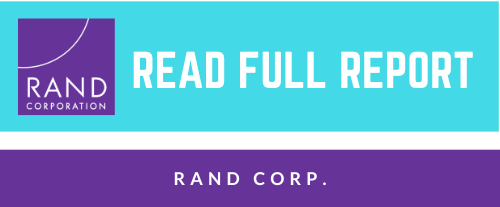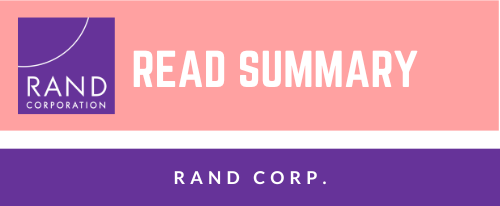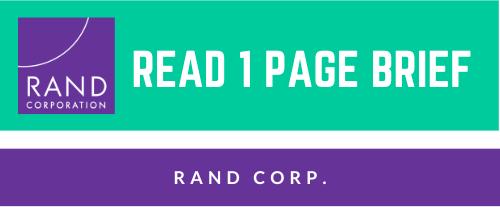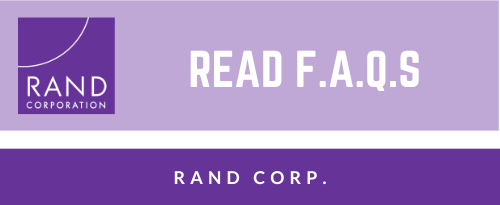Early Childhood Educator Compensation Equity Study
.
Context of the Study
Research has shown that a diverse well-prepared, well-supported, and well-compensated early care and education (ECE) workforce is the linchpin to positive outcomes for young children. However, wages, benefits, working conditions for early educators serving children, from birth through kindergarten entry age, are not commensurate with the qualifications needed to provide high-quality early care and education. Therefore, recruitment and retention of the workforce has been challenging and this has been exacerbated by the covid pandemic.
ECE Landscape and Roadmap
To address this, the ECE³ Project commissioned RAND Corporation, a non-profit research organization, to conduct a study of the current landscape of ECE workforce wages, benefits, working conditions, recruitment and turnover issues in the state of Hawai’i. The study’s findings were based on existing and new data collected through interviews, focus groups, an online survey, and case studies.
Along with the study’s findings, the final report by RAND identified policy and financing options and a high-level roadmap on how to advance these options in Hawaiʻi.
The funders of this study and final Report by RAND are Early Educator Investment Collaborative (EEIC), Samuel N & Mary Castle Foundation, Kamehameha Schools, and Hawaiʻi Community Foundation – Kōaniani Fund.
Link Between Research, Policy, and Practice
The RAND final report is one of the foundational steps to achieve the ECE³ Project’s mission. Using the final report as the basis, an ECE³ Compensation Task Force will develop a detailed action plan on how to improve wages, benefits, working conditions for early childhood educators serving children, birth through kindergarten entry age, in Hawaiʻi.
Related Articles:
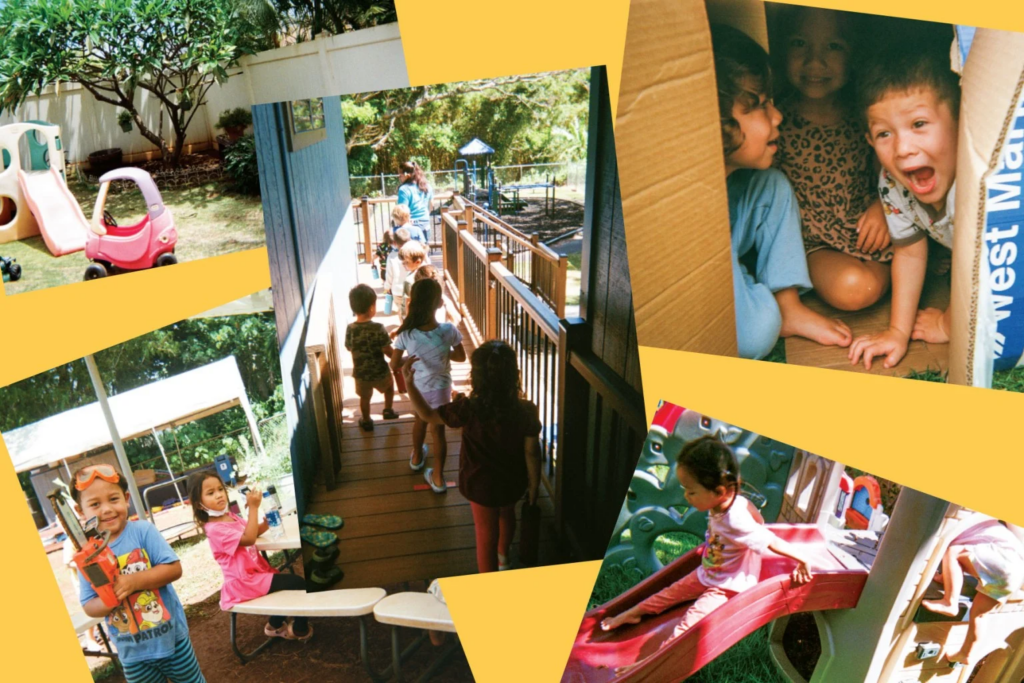
EEIC Newsletter – Grantee Spotlight: University of Hawaiʻi at Mānoa
In 2021, University of Hawaiʻi at Mānoa received an IHE partnership grant to build the capacity of Hawaiʻi’s ECE teacher preparation and career pathways through its Early Childhood Educator Excellence and Equity (ECE³) Project. With grant funding from The Collaborative, the ECE³ Project commissioned the RAND Corporation to conduct a landscape study of ECE workforce wages and working conditions in Hawaiʻi and identify promising strategies for improving recruitment and retention of a highly-qualified ECE workforce. The recently released report, “Early Childhood Educators in Hawaiʻi: Addressing Compensation, Working Conditions, and Professional Advancement”, analyzes existing and new data collected through interviews, focus groups, an online survey, and case studies. Read this newsletter and join the EEIC mailing list here.
Hawaii Business Magazine: October 2022 issue “Child Care is a Labor of Love,” by Noelle Jujii-Oride
Ever heard “Childcare is a labor of love”? This translates to “Childcare doesn’t pay a living wage”, but raising those wages would squeeze tens of thousands of working Hawai’i families dependent on child care. University of Hawaii Manoa’s ECE³ Alliance has teamed up with RAND to gather and report data on compensation equity in Hawai’i. Hawaii Business Magazine has written an article using data from the upcoming report to explain the problem and possible solutions for this dilemma.
Hawaii Business Magazine: September 2022 issue “Why We Shined a Light on Hawai‘i’s Child Care Providers” by Noelle Jujii-Oride
“We sought to document in words and pictures the lives of five women who provide care for keiki, plus investigate what’s being done to better support Hawai‘i’s child care workforce.”
Hawaii Business Magazine: September 2022 issue “It’s Always Different: 5 Child Care Providers Share Their Challenges and Joys” by Noelle Jujii-Oride
Read about how 5 Childcare providers take care of their many children on a daily basis, their struggles, and what keeps them going.

